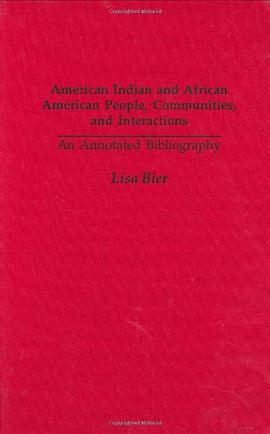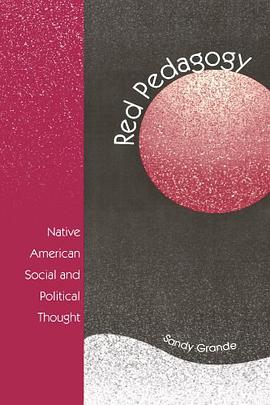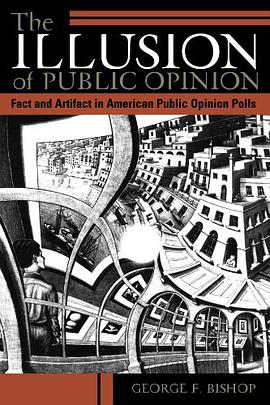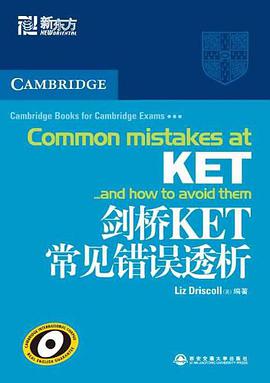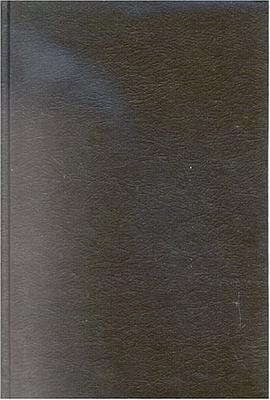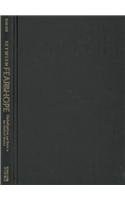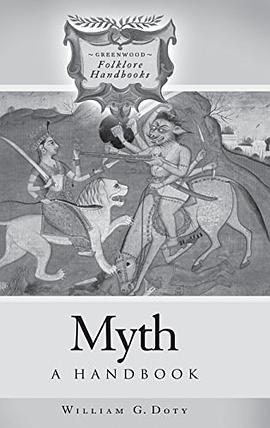

具体描述
The colonial days of America marked not only the beginnings of a country, but also of a new culture, part of which was the first American music publishers, entrepreneurs, and instrument makers forging musical communities from New England to New Spain. Elements of British, Spanish, German, Scots-Irish, and Native American music all contributed to the many cultures and subcultures of the early nation. While English settlers largely sought to impose their own culture in the new land, the adaptation of native music by Spanish settlers provided an important cultural intersection. The music of the Scots-Irish in the middle colonies planted the seeds of a folk ballad tradition. In New England, the Puritans developed a surprisingly rich--and recreational--musical culture. At the same time, the Regular Singing Movement attempted to reduce the role of the clergy in religious services. More of a cultural examination than a music theory book, this work provides vastly informative narrative chapters on early American music and its role in colonial and Revolutionary culture. Chapter bibliographies, a timeline, and a subject index offer additional resources for readers. The "American History through Music" series examines the many different types of music prevalent throughout U.S. history, as well as the roles these music types have played in American culture. John Ogasapian's volume on the Colonial and Revolutionary period applies this cultural focus to the music of America's infancy and illuminates the surprisingly complex relationships in music of that time.
作者简介
目录信息
读后感
评分
评分
评分
评分
用户评价
相关图书
本站所有内容均为互联网搜索引擎提供的公开搜索信息,本站不存储任何数据与内容,任何内容与数据均与本站无关,如有需要请联系相关搜索引擎包括但不限于百度,google,bing,sogou 等
© 2026 book.wenda123.org All Rights Reserved. 图书目录大全 版权所有





